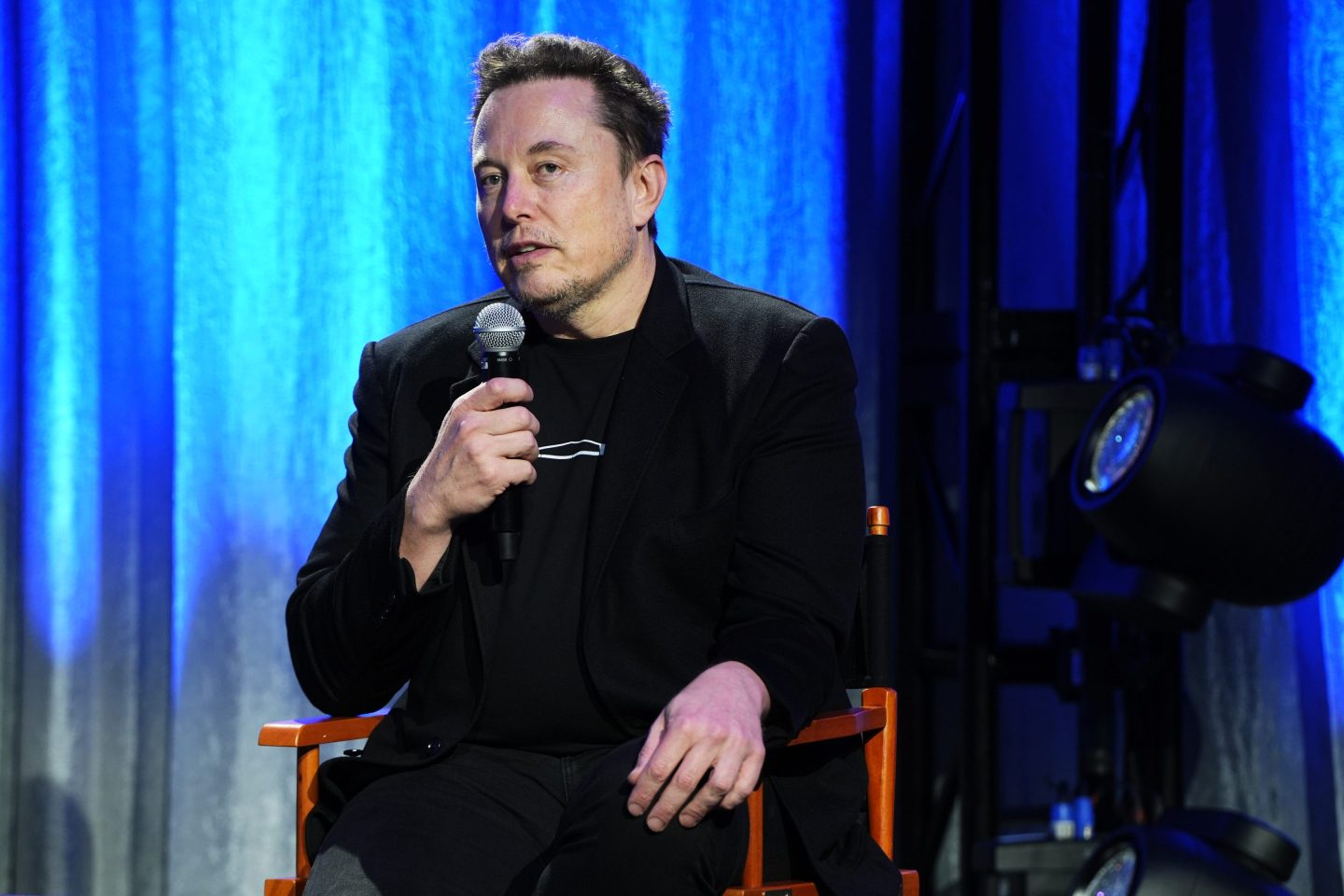Good morning.
There have always been consequences in media for getting things wrong, from lawsuits and reputational damage to jail time and fines that can gut a business. You can be right and still get targeted. Just ask the Committee to Protect Journalists. Now, social media platforms are dealing with those issues. What’s different and disturbing is how many governments are aiming to essentially shut them down.
As Elon Musk justifiably rages against (but complies with) Brazil’s decision to block X, he’s also taking a watchdog group to trial for defamation in the U.S. over a report it issued that claimed X showed brand ads next to anti-Semitic and neo-Nazi content. He sues and is sued. Over in France, Telegram CEO Pavel Durov is facing criminal charges that allege he was complicit in illegal behavior that took place on his platform. (Telegram claims it follows EU laws.) Meanwhile, the U.S. is pushing to ban TikTok and Roblox is now banned in Turkey for “causing abuse of children.”
While there are legitimate issues with how these platforms operate, use data, and deal with abusive activity by users, the remedy can look quite harsh. Let’s unpack the Brazil case, which comes down to Musk’s refusal to name local representatives who could be contacted to take action, like suspending certain accounts. (Musk had earlier refused to remove accounts reportedly linked to far-right people and groups.) Musk responded with a campaign about free speech that paints the judge in question as intent on censoring political speech. Musk has since said that Starlink, his satellite-based internet service provider that serves remote parts of Brazil like the Amazon, would block X to comply with the court ruling. That came after the judge froze Starlink’s assets in Brazil, arguing that it was part of the same “economic unit” as X.
Banning an entire platform is bad for democracy, so is letting that platform become a magnet for toxic content. But the answer to abuses of free speech can’t be to allow governments to essentially shut a platform down. That would create a precedent we’ll all regret.
More news below.
Diane Brady
diane.brady@fortune.com
Follow on LinkedIn
TOP NEWS
Kamala's crypto campaign contributions
Coinbase CFO Alesia Haas claimed that a super PAC for Vice President Kamala Harris is using the cryptocurrency exchange platform to accept campaign donations. Harris's campaign has yet to respond to the claim. Fortune
Mr. Wonderful sours on right-to-disconnect
Venture capitalist and Shark Tank host Kevin O'Leary called "right-to-disconnect" laws "dumb" and said he would hypothetically fire any of his employees who tried to exercise them. The laws, which have been passed in France, Spain, and Australia, protect workers from repercussions if they refuse to answer work communications after hours. Fortune
Rite Aid enters new era with new CEO
Rite Aid CFO and company veteran Matt Schroeder will take over as the company's chief executive as it exits bankruptcy, the pharmacy chain announced on Tuesday. The company claims that it has eliminated $2 billion in debt and raised $2.5 billion since filing for Chapter 11 early last year. Fortune
AROUND THE WATERCOOLER
New Mexico’s sovereign wealth fund is investing $50M in a bet that scientists will build startups in Albuquerque by Jessica Matthews
Mo’ money, mo’ problems? Bonus incentives are backfiring and making some employees worse at their jobs by Sasha Rogelberg
Why Penn’s new tech boss went all-in on the business of betting after two decades at Disney by John Kell
Exclusive: A 22-year-old is betting on ‘swarms of AI agents’ to radically transform the humble spreadsheet by Sharon Goldman
Exclusive: The Laundress cofounder sold her company to Unilever for a reported $100 million. Now she says the ‘bad deal’ ruined her cleaning brand by Emma Hinchliffe
Lyft will limit the cost of rides—for a price by Chris Morris
Andreessen Horowitz shutters its ‘Wall Street South’ office after 2 years because nobody was showing up by Alena Botros
This edition of CEO Daily was curated by Joey Abrams.













